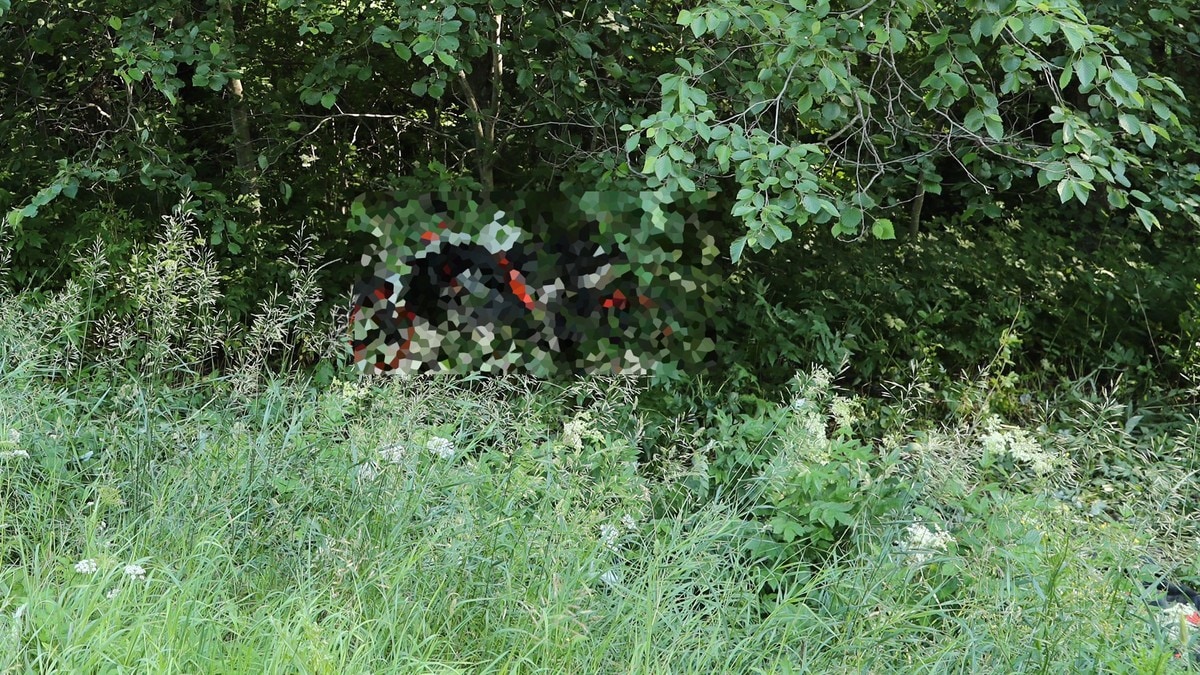The transition to a sustainable energy supply makes the Dutch power network more vulnerable to hackers. For example, they can hack solar panels and charging stations, which can cause the entire network to become unbalanced and fail. The Telecom Agency (AT) warns about this in the FD.
According to Angeline van Dijk, director of the AT, producers, users and suppliers of new services and so-called smart equipment such as charging stations are insufficiently aware of that risk. “The way we set up the digital infrastructure is just as important as the rest of the energy transition.”
In recent years, electricity generation via, for example, solar panels by households has increased rapidly. If the panel of an individual household is hacked, it is not much of a problem for the network. But that changes when the software to control the panels is attacked. “Then criminals or state hackers can suddenly switch off a large number of panels remotely and thus endanger the energy supply,” says Van Dijk.
“Recently a malfunction in the US”
In the FD, safety experts endorse the risks. “It’s important that more oversight comes,” said Tim Conway, technical director at Sans cyber training institute. According to him, there has been a power failure in the western US recently, presumably due to a hacker attack. “It wasn’t about a lot of megawatts there, but it shows that it is possible and that we need to map out the risks.”
–


